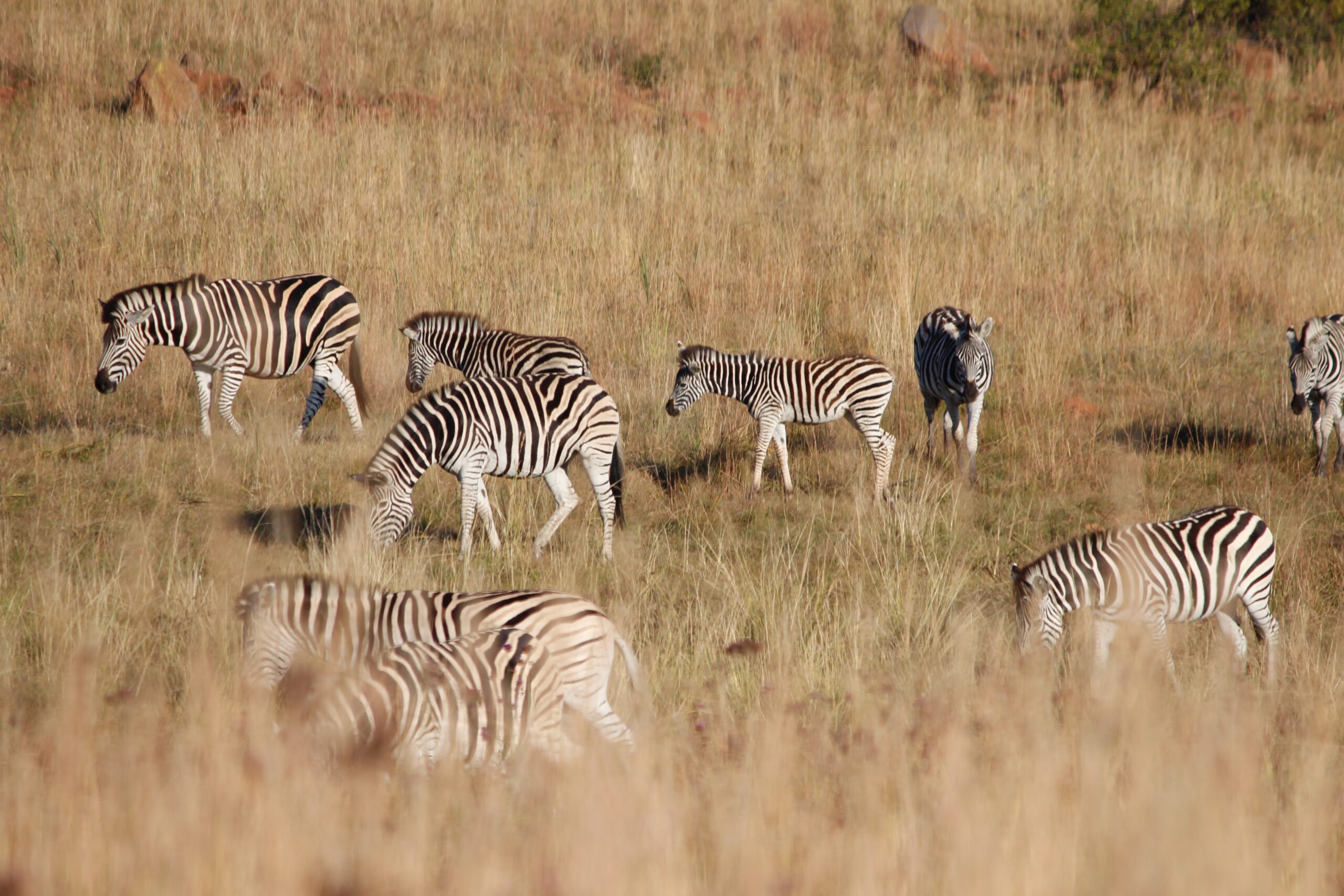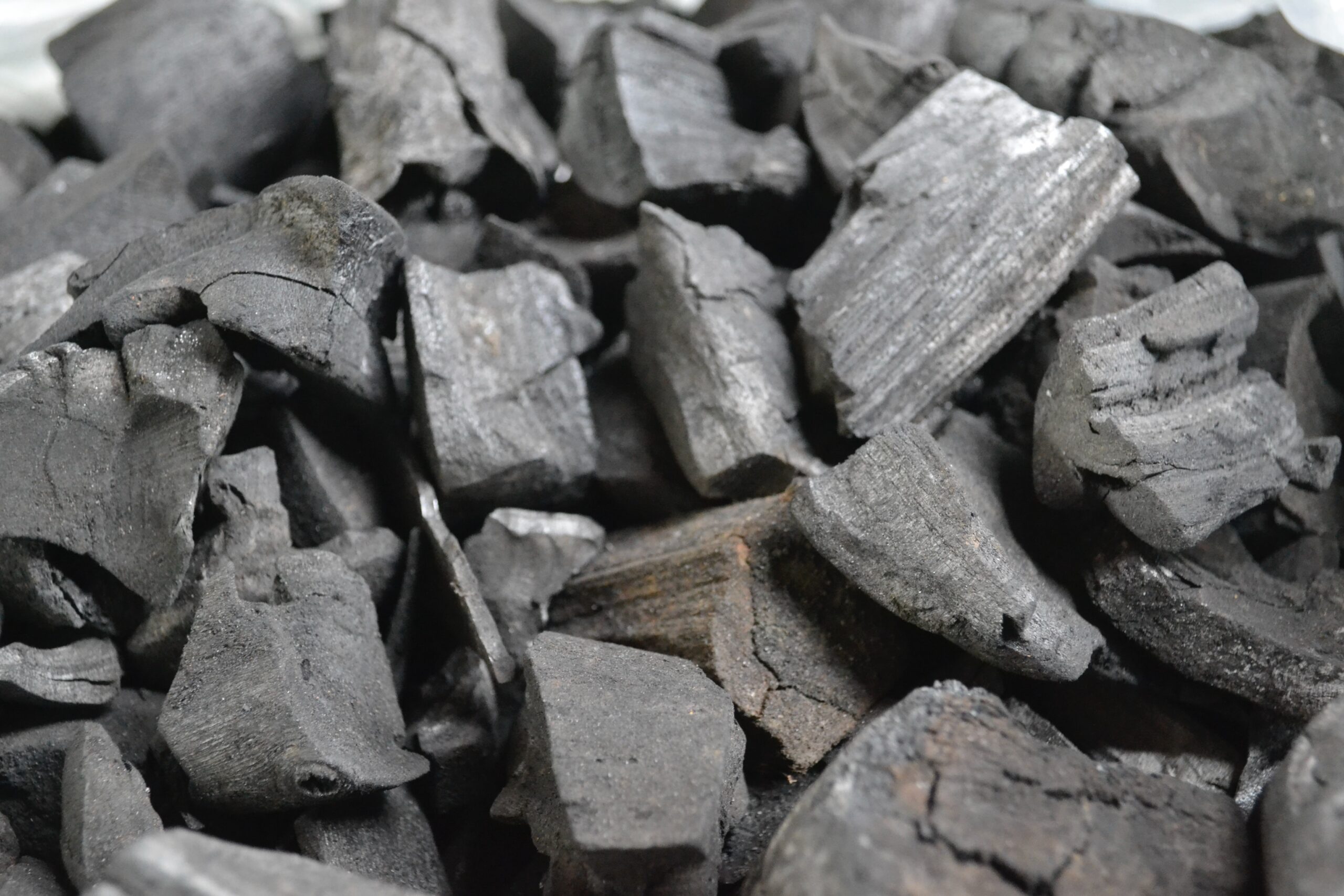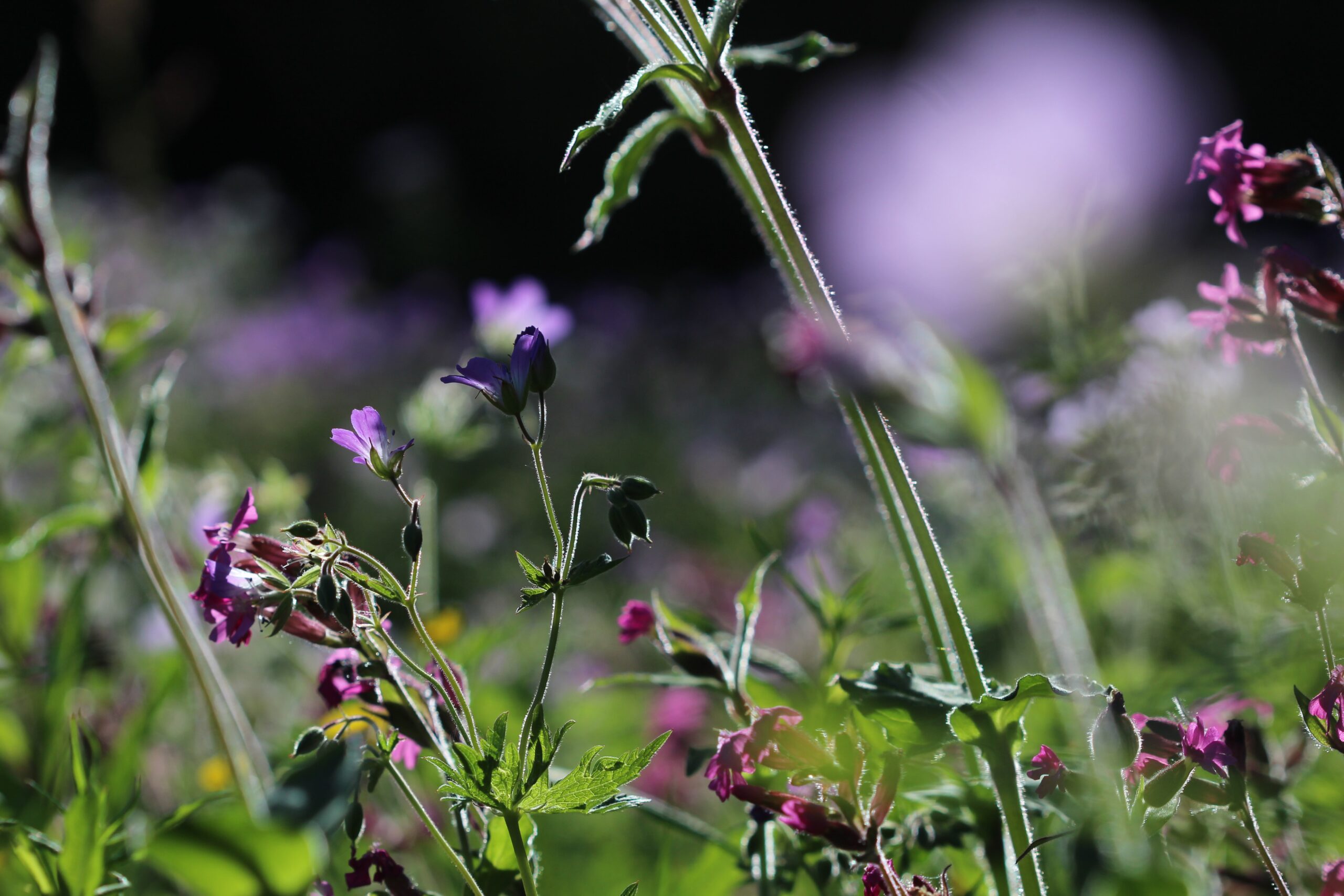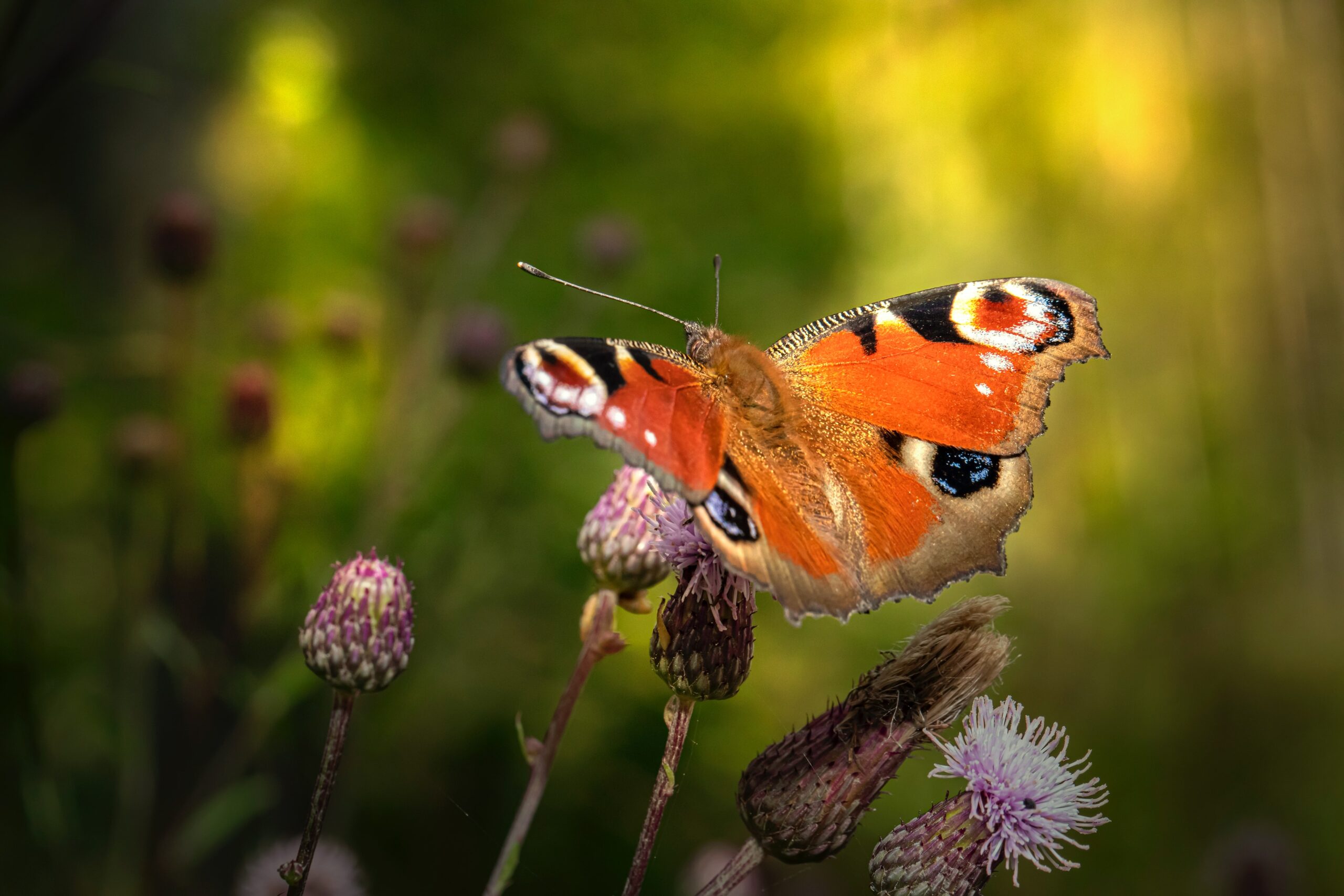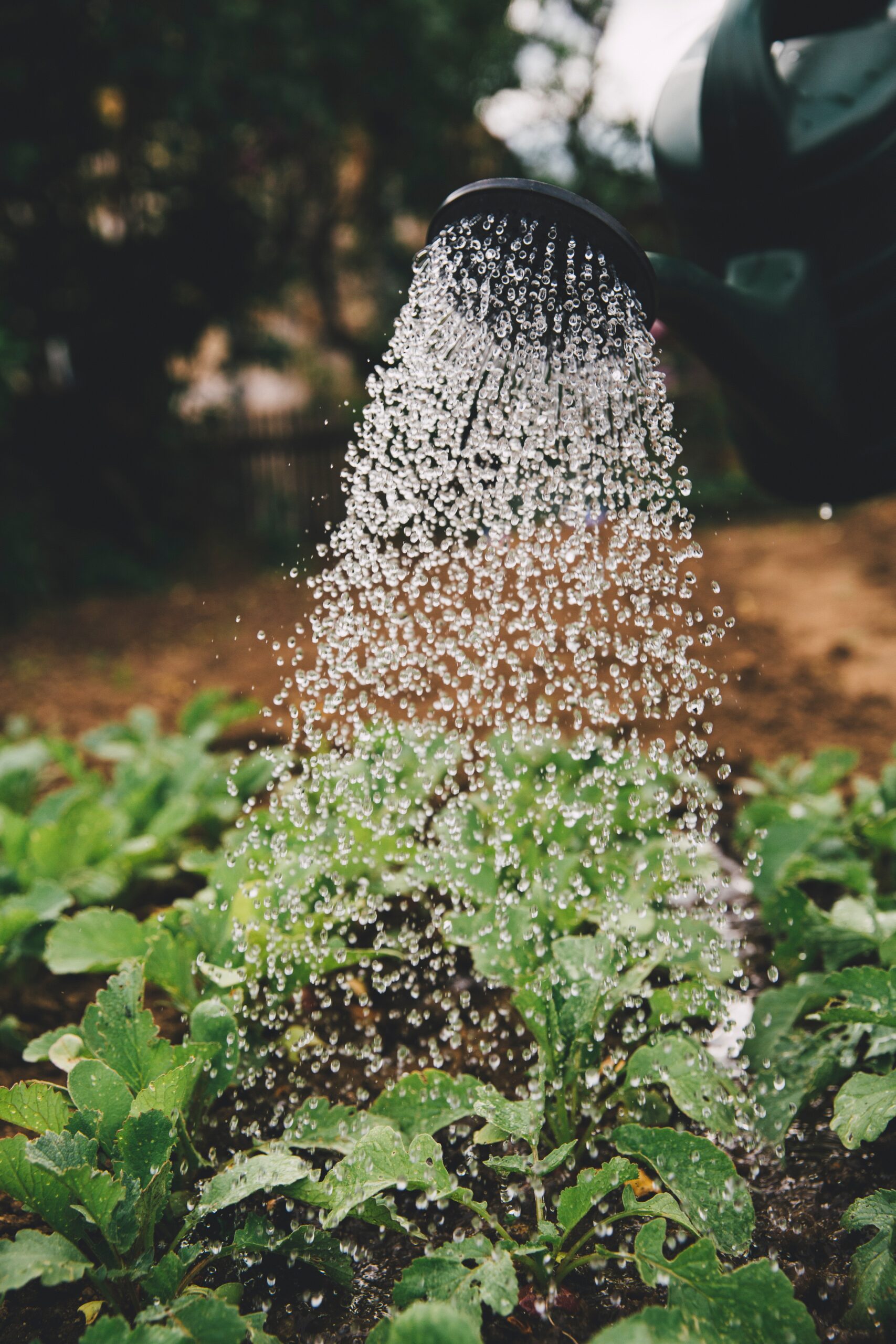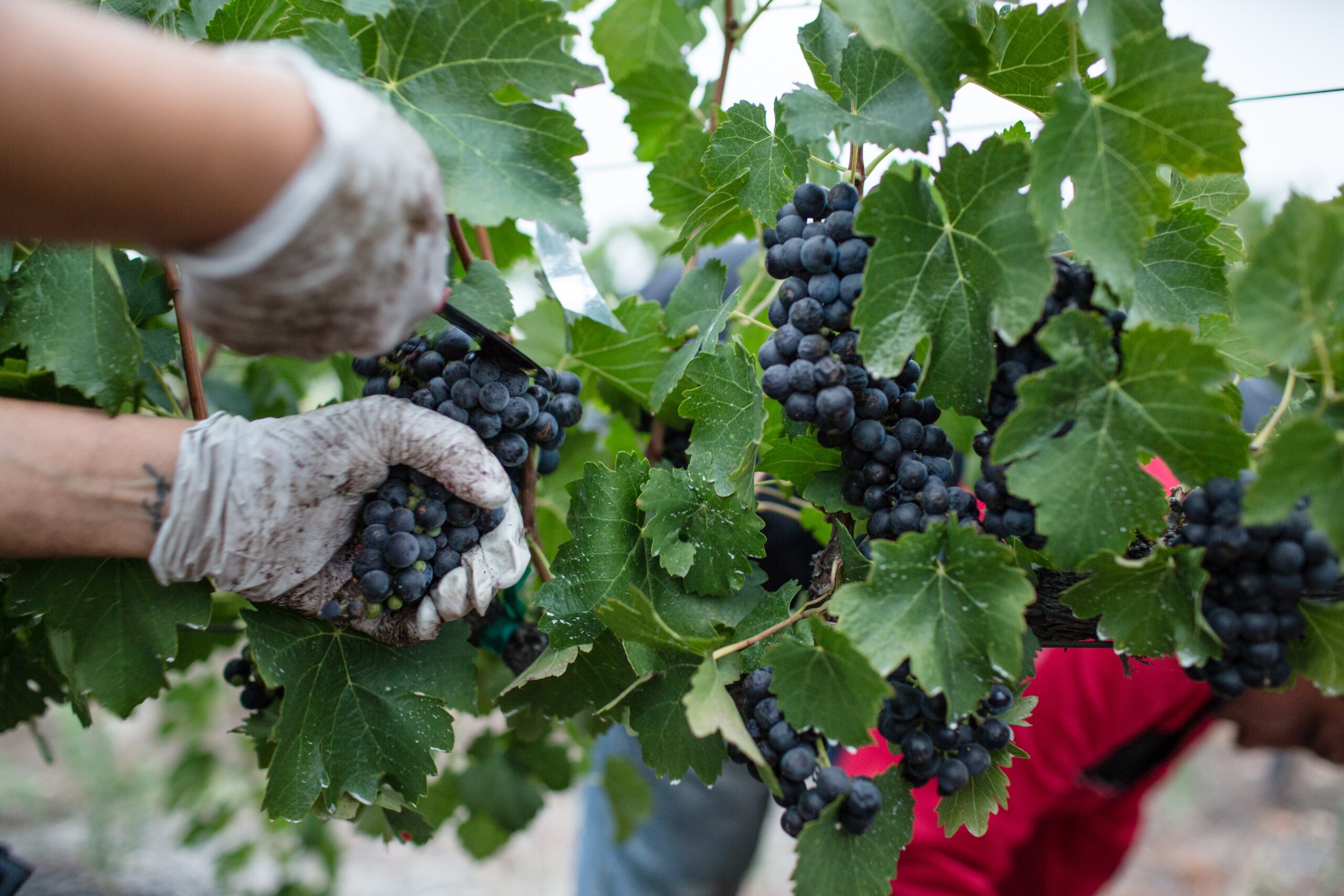Little is known about the current state of freshwater biodiversity in Canada, one of the countries with the greatest amount of surface water in the world. To address this knowledge gap, we compiled a list of all available assessments of conservation status for freshwater species (over 3000 taxa) and further evaluated the overall status of six distinct taxonomic groups, focusing on organisms reliant on freshwaters (i.e., aquatic plants, invertebrates (with a focus on freshwater mussels), fishes, herpetofauna (reptiles and amphibians), birds, and mammals). Overall, 11.7% of all freshwater species of plants and animals assessed were found to be “at-risk” (i.e., listed as “Threatened”, “Endangered”, or “Extirpated”) and 17.9% identified as “Special Concern”. We found that 37.9% of species lacked sufficient data to enable their status to be assessed. Data gaps in Canada’s assessment of its freshwater species were most prevalent in invertebrates (excluding freshwater mussels). Given the alarming state of freshwater biodiversity in Canada, we conclude by providing recommendations that focus on evaluating temporal trends and informing conservation actions.















































































































































































































































































































































































































































































































































































































































































































































































































































































































































































































